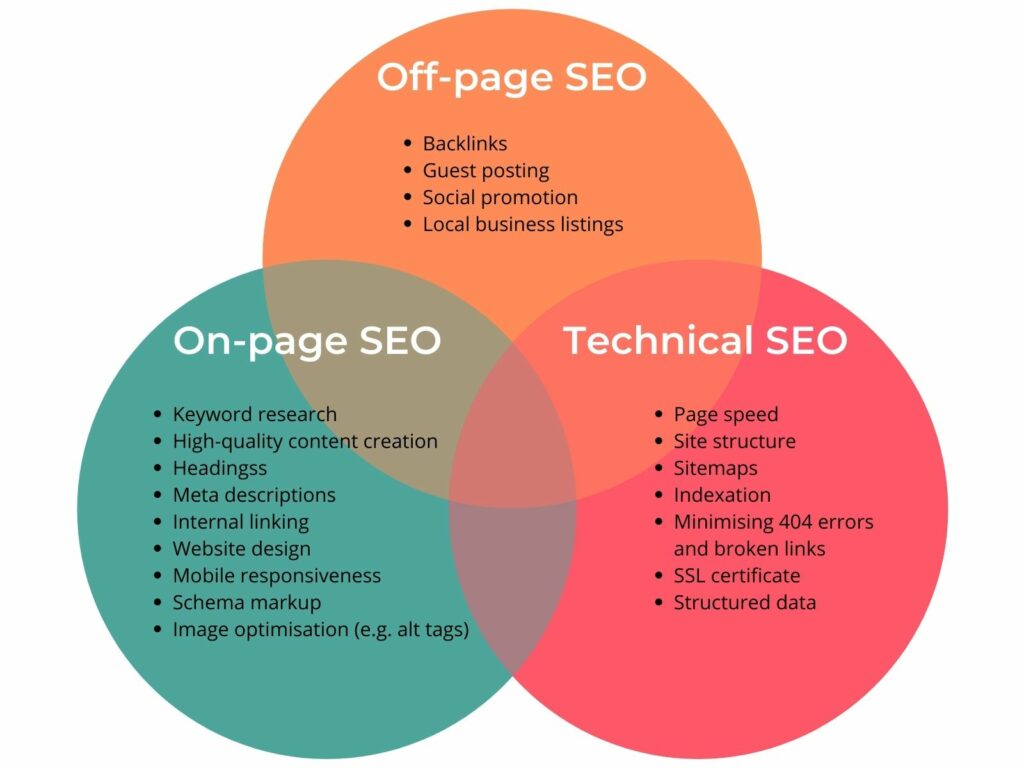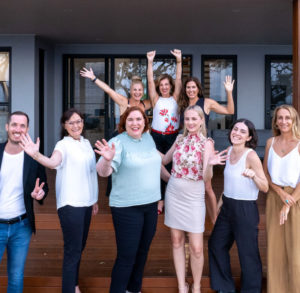As a tourism business owner, it’s important to keep up with the latest changes in the industry to stay ahead of the competition. One key area of focus is search engine optimisation (SEO), particularly when it comes to Google search results. With Google being the most popular search engine in the world, it’s critical for businesses to understand how to optimise their website and online presence to show up in Google’s search engine results pages (SERPs).
Organic search results refer to results that are not paid for, unlike advertisements. SEO ensures that your website content is a match made in heaven to the searcher’s query and appears on the search engine results page (SERP).
For time-poor tourism businesses, SEO can be a challenging task. If you are not playing the SEO game, your business will need to use other techniques to be found online, such as Google Ads, meta advertising on Facebook and Instagram, YouTube ads, etc. However, SEO is a way to save money in the long run, as you will not have to spend money on advertising.
That’s where our SEO course can help. We have structured a course for tourism businesses to put all the changes on their side for their business to be picked up by Google SERPS. The importance of SEO cannot be overlooked, as Google and other search engines use algorithms to decide which website they will send traffic to. SEO is the technique used to ensure your website gets given strong consideration in the algorithm so that you appear high on the search engine results page for the search queries your potential customers may use.
3 important types of SEO activities
SEO activities need to be conducted on your website (on-page SEO) and off your website (off-page SEO)
On-page SEO tells Google how great your website/product/content is, via your own website. Businesses that rank well and have a cost-effective SEO strategy tend to conduct on-page SEO activities themselves. This involves using an SEO plugin or app on your website, such as Yoast or RankMath, to ensure the content meets SEO guidelines.
Off-page SEO includes activities such as sourcing backlinks to your website (and mention of your websites), from websites that are relevant to your audience. Off-page SEO is harder to accomplish, and businesses usually hire SEO companies for this purpose. However, you can certainly leverage your industry networks and partners to achieve quality backlinks, which in a lot of cases will be reciprocal.
Technical SEO are components that should have been taken care of by your web developer (or yourself) when setting up your website. Your website needs to support best practice development principles, that include optimal site speed, a great page structure and structured data so that your website can appear in all facets of Google (e.g. images, video, shopping etc).

SEO is not something you do once, but it is a business strategy that you work on regularly, every time you add new content to your website. Therefore, you need to either learn the principles or pay an SEO expert to do it for you.
A small business can expect to pay a minimum of AU$1,500 a month for SEO activities. However, upskilling yourself and your team in SEO is a good way forward for businesses with limited resources. Once you know how SEO works, you will write website content and update web pages with SEO in mind, and it won’t take you much more time than if you didn’t optimise for SEO.
How are we helping tourism businesses with their SEO?
SEO is an essential part of any tourism business’s digital strategy. By focusing on the fundamentals of SEO, such as on-page and off-page optimisation, and using SEO plugins like Yoast and RankMath, time-poor tourism businesses can improve their online visibility and increase their website traffic.
While SEO may seem daunting, it is worth investing the time and effort to ensure your business is easily found by potential customers, and our course can provide you with the tools and knowledge to make that happen.
To help tourism businesses navigate these changes and improve their online presence, we’ve developed a structured course that covers everything from website optimisation to content creation and link building. By taking this course, businesses can gain a better understanding of how to make their website more visible to potential customers on Google and other search engines.
Review some great tips for SEO when writing articles that were discussed in our group support calls in the video below.
The course is designed specifically for tourism businesses and covers a range of topics, including:
- How to optimise your website for search engines
- Strategies for creating engaging content that appeals to both visitors and search engines
- Tips for building high-quality backlinks to your website
- Best practices for local SEO, including Google My Business optimisation
- Techniques for measuring and analyzing your website’s performance
By following the strategies and tactics taught in the course, tourism businesses can improve their visibility in Google SERPs and attract more customers to their website. Don’t let your business fall behind in the ever-evolving world of SEO – enrol in our course today and stay ahead of the competition.




